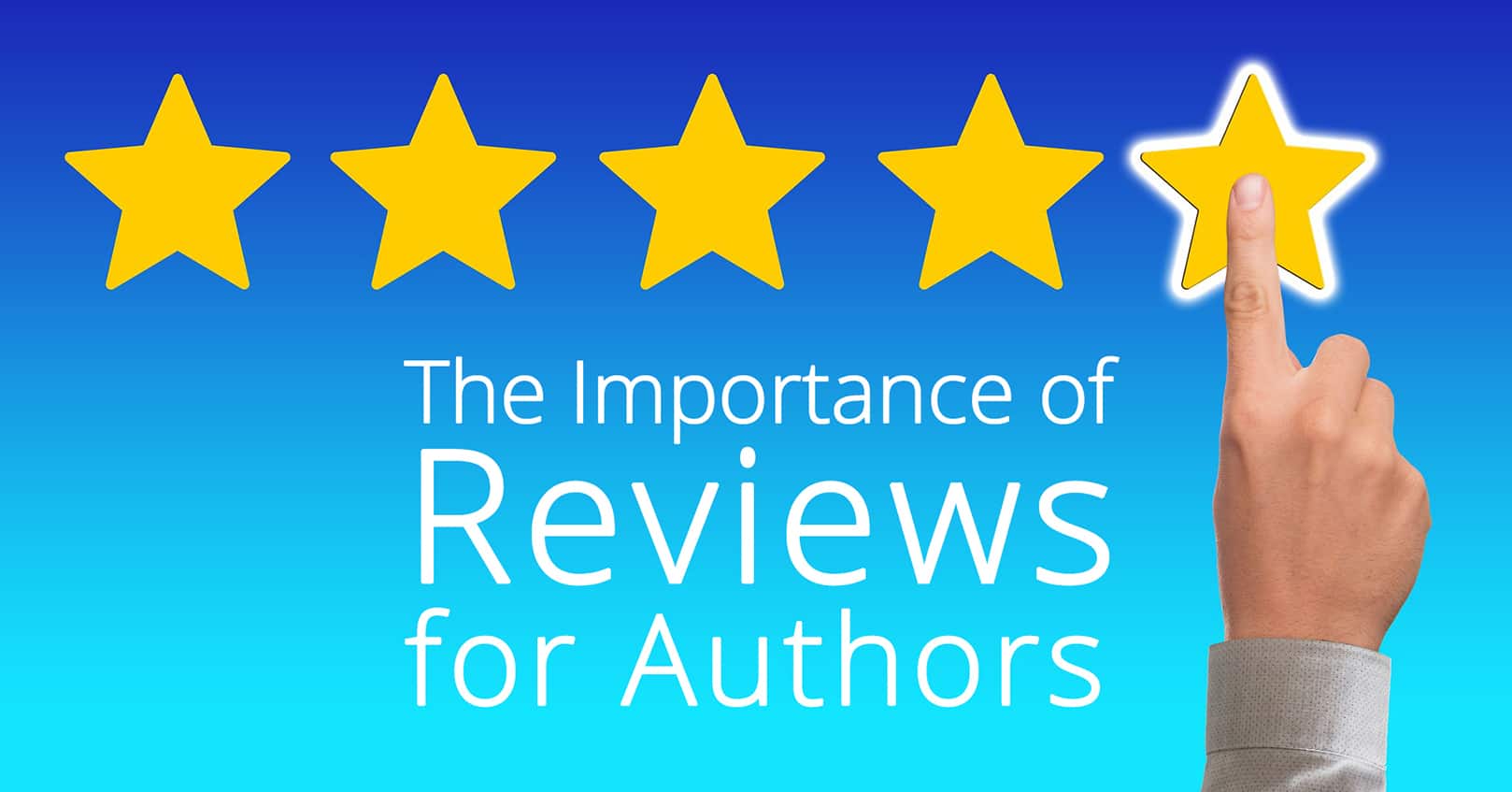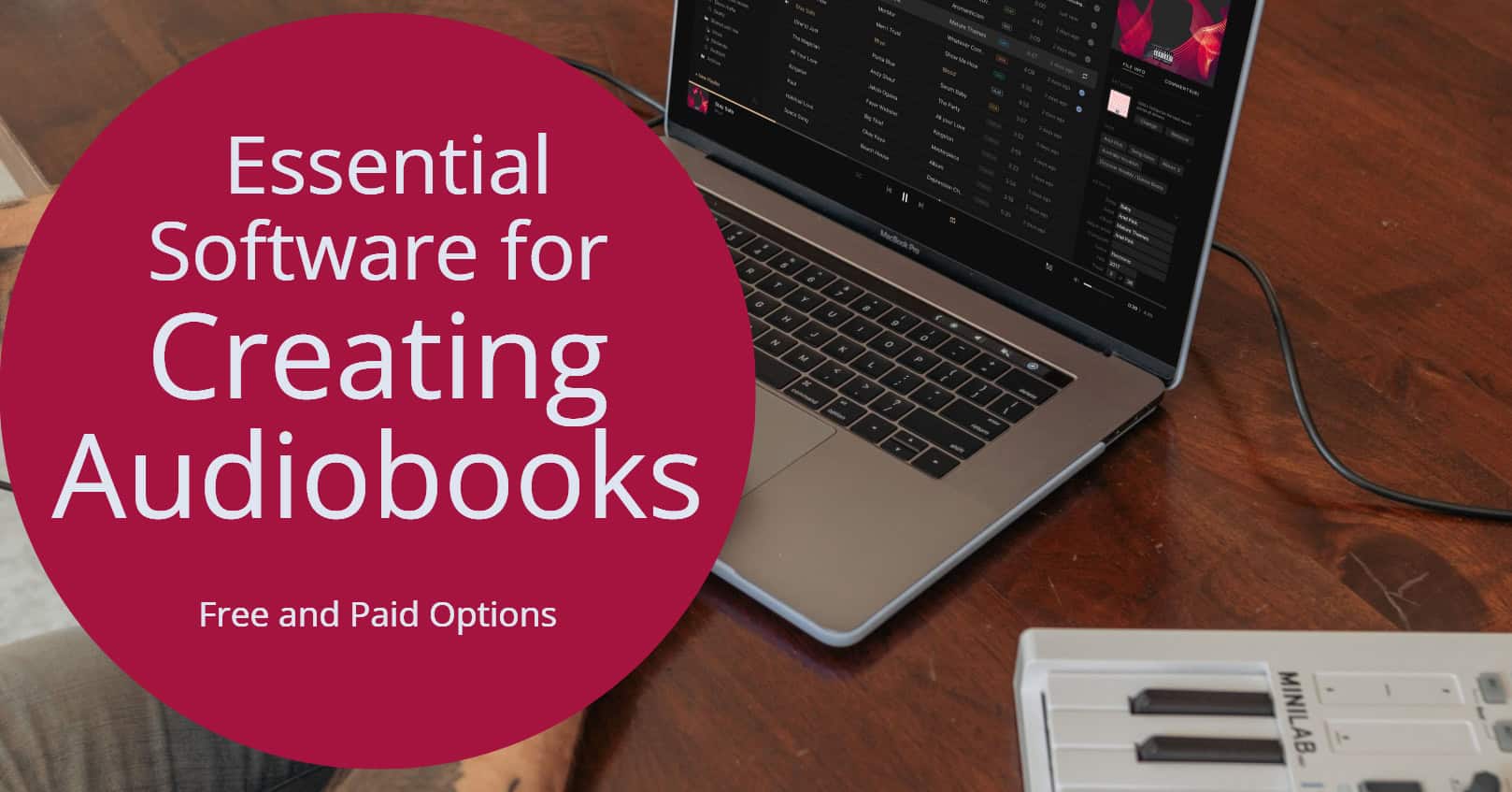
More than ever, indie authors need all the tools they can gather in order to gain market visibility and increase sales. If you’ve ever been frustrated by the progress you are making in getting readers, then this post is for you!
There are lots of ways to capture market share, but none of them has become more critical than reviews. Why is this the case? Book reviews give your product—that’s what your book is—the social proof that someone who isn’t related to you likes your work and thinks there is value in it. Social proof is the high-tech way of sharing your opinion with other buyers.
Why Reviews?
Reviews are one of the best ways to build your brand and the know, like, and trust that it takes to find superfans who are willing to read anything that you write. What is “know, like, and trust?” The term “know, like and trust” is something that has developed in marketing circles over the last decade or so with the proliferation of online selling. It came about as the question, “How will I get people to buy my product?” became more and more common.
In the past, as a business owner, you would have a storefront and regular buyers that you could see face-to-face. This simply isn’t the case anymore—especially if you are an indie author. Reviews become the way to establish those initial referrals that you can’t get otherwise.
What about Bad Reviews?
If you are anything like me, you are probably thinking, “Well, that’s all good and fine as long as those reviews are all five stars!” Not quite. In fact, any reviews are better than no reviews for the most part. Not sure this is the case? Take a look at your own buying behavior. I’ll use an example from my own life.
I wanted to purchase some basil seeds. I got on a popular platform and found a provider. Were there reviews? Yes. Were they all good? No. Many of the reviews were quite negative, but I bought them anyway. Why? (This is the important part . . .) I bought them because I know that even if the seeds were perfect, some people would still complain likely because they hadn’t planted them at the right time, watered them enough, or planted them in a shady area.
The same is true with your own reviews. Sure, people will give you both good and bad reviews on your books. There will be people who simply don’t like what you wrote or how you wrote it. There will be people who don’t resonate with your protagonist or think placing your book in rural Iowa wasn’t a good idea. (Nothing against Iowa, of course.) There may be others who just, well . . . don’t like it. Remember, for every bad review, there will be good ones, of course!
Reviews are also an important part of leveraging an online platform’s algorithm. It doesn’t matter which platform we are talking about—when someone takes the time to create a review, the platform takes notice. Anecdotally, bad reviews don’t harm your work too much. With the additional visibility generated, it makes it easier for you to sell your books to other people.
How can you get more reviews?
Here are a couple of ways (without using a review service or ads):
- Remember it all starts with your book look. You aren’t going to get any reviews if you don’t have an eye-catching cover. Make sure your cover matches the industry standards for your blogs. This isn’t the time to innovate! If you aren’t sure, then take a look at bestsellers in your genre online and notice what makes them similar.
- Make sure your sales page is helping you. In addition to your cover, make sure your blurb reflects the best parts of your story—the urgency, plot, and characterization that will encourage people to buy it.
- This sounds too easy, but ask for reviews. If you have a newsletter, ask people who have already read your book to go back and write one. Put information in your backmatter asking for a review. It’s a simple process, really.
When you are a new author—or a busy one!—it may seem tempting to forget about reviews. Do that at your own peril. When you have a steady stream of reviews coming in, you can be sure other buyers and the platforms you publish on will take notice, jumpstarting your sales and increasing your rank.
















What about people who offer reviews for a fee, which they call for finding reviewers, etc.
Are they legit?
What if I offered my book free if people gave me their email so I could develop an email list of potential buyers. Do they have to buy the book in order to review it on Amazon?
Book reviewers themselves are not paid for their reviews. In fact, Amazon does not allow it. From Amazon’s Review FAQ: ” We don’t allow any form of compensation for a Customer Review other than a free copy of the book provided upfront. If you offer a free advanced copy, it must be clear that you welcome all feedback, both positive and negative. If we detect that a customer was paid to write a review, we’ll remove it.”
That being said, many legitimate sites offer a paid review service; that money doesn’t go to the reviewers but to site development and maintenance and for being able to use the site’s list of reviewers without having to do the legwork yourself. There are also scammy sites out there, though, so be sure to get recommendations from other authors and only use sites that are secure, well designed, and professional.
Amazon also allows paid editorial reviews, and any editorial review you get will have a fee attached.
We at Book Cave are working on implementing both an editorial and reader review service for authors.
You can definitely offer your book for free in exchange for an email. You would add those emails to a newsletter list, and in that newsletter, you’d let the person know about your books and where to buy them, as well as offer valuable and interesting information. (Because no one likes to be sold to all the time! Read more here: https://mybookcave.com/authorpost/15-reasons-why-you-need-an-author-newsletter/ ) We at Book Cave call this book a subscriber magnet: https://mybookcave.com/authorpost/what-are-subscriber-magnets-and-how-can-they-help-me-sell-more-books/
Nope, a reader does not have to buy the book to review it on Amazon.